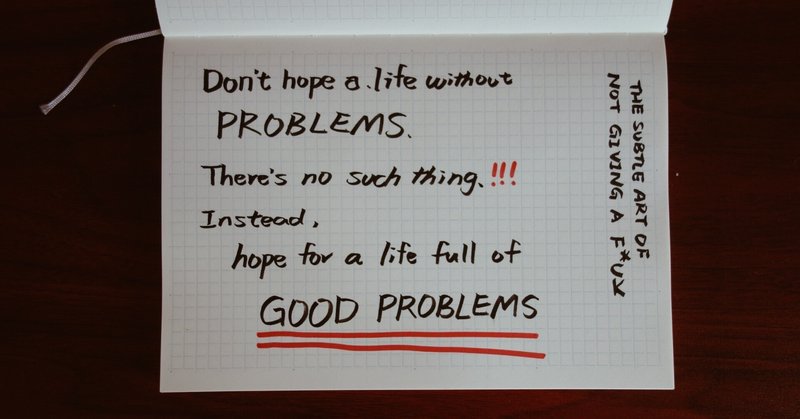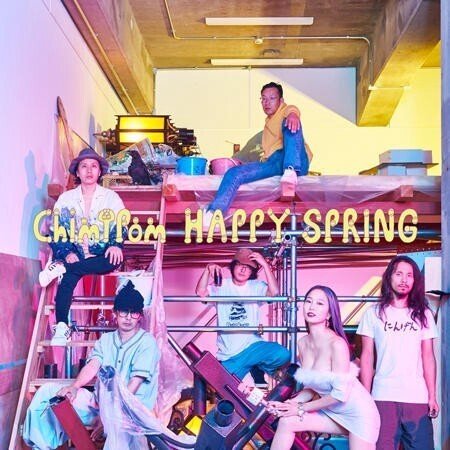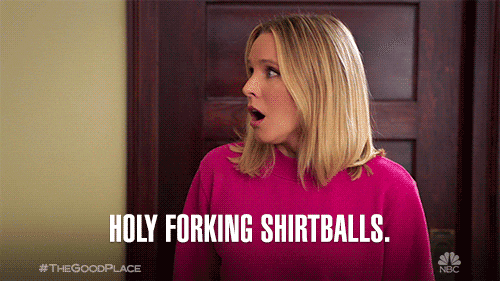
愚痴を言わずに自分の人生に責任を持って生きること 🔸2022/3 Monthly Reflections(英語記事)
今月は日本語に訳する時間がなかったので、英語の記事になっています。
Small wins in March 2022
🔸 Since our product is based mainly on PC, it was the first time to officially work on different devices. Learned a lot about the possibilities and constraints of designing for different devices.
🔸 Try new ways of streamlining the designer to developer hand-off, making minor adjustments on styles easier.
🔸 On the home straight of a project I’ve been working on since August 2021. Hopefully we can release it on time🥰
🔸 Published the first article of “#kintone Design Team This Month”. Inspired by 3X3 of Spotify Design Team, I thought it would be a great way to let people know more about the behind-the-scenes of our design process as well as our team. This is also the first project I planned and lead in the new team, so I am so grateful that my teammates are so supportive. I enjoyed reading it a lot and can’t wait for interviewing them more in the next month.
Books I love this month: The Subtle Art of Not Giving a F*ck

TL;DR
Not giving a fuck does not mean being indifferent; it means being comfortable with being different. By defining what is meaningful in our lives, we can be more intentional about what really matters and be able to overcome adversity.
How the Book Changed Me
This book reminds me of something obvious in hindsight.
We often imagine that we would be happy if we get into that dream company. Or finally live in that dream house. Or start dating that person. Or get that perfect abs.
But problems won’t disappear. The dream job you take is the job you stress over. The house you buy is the house you repair. The person you marry is the person you fight with.
It is all about:
Remind myself that I am not special and don’t feel entitled.
Remember there’s no happy ever after even though we. Everything comes with a downside (or a problem).
Stop blaming others for my problems and start taking responsibility for everything that happened in my life.
How the Book Influenced my designer career
At some point, I felt that not everything had met my expectations. Compared to the information given before I joined the team (also that UX designer has been fantasized as a dream job that we work in a free-food-provided-office, make a lot of money and make impacts with our creativity at the same time), the design process isn’t mature enough, and the value of UX isn’t recognized in the whole development team as well.
Things SHOULD be the way that they ought to be: UX SHOULD be more appreciated and valued. We SHOULD establish a more systematic UX process. The “shoulds” haunted me and I felt a sense of dissatisfaction constantly.
But it dawned on me when this book reminded me of one essential thing:
I am responsible for my experience. I have thought of myself as the only one who knows what is the right thing but stuck in this place where nobody seems to know the true value.
But truth number 1, everything works like the way it is right now for a reason and I can’t do anything better than my teammates in this situation, thus I am no smarter than anyone else. Truth number 2, I am not stuck. I mean, no one FORCE me to work here, and most of the time I enjoy working.
Most importantly, if I don’t take ownership of things that happen in my life, whether I am at fault or not, I just give up the chance to take control of my own life.
Complaining about something we can’t change sounds seductive, but complaining itself makes me a reactive person and hard to improve on everything (since everything is other people’s fault)
Now I try to focus on things I COULD change: What I can learn in a single project, building reputation and rapport inside the development team…anything that makes me a better designer.
Who Should Read It?
The book does not follow the traditional self-help book style, and it did give me some practical tips on reframing problems in my life. Especially recommend the book to anyone who wants some fresh perspectives on their current struggles or simply an upbeat non-fictional read.
Favorite quotes
“Don’t hope for a life without problems. There’s no such thing. Instead, hope for a life full of good problems.”
“What determines your success isn’t, “What do you want to enjoy?” The relevant question is, “What pain do you want to sustain?” The path to happiness is a path full of shitheaps and shame. You have to choose something.
Great content I love this month
Chim↑Pom: Happy Spring

A great exhibition of Chim↑Pom, an artist collective that makes art with themes like Japanese society, 2011 Tohoku Earthquake, the relationship between cities and publicness.
The exhibition design is so creative. I don’t want to be a spoiler so I’ll leave it to your imagination but it was the most well-designed and creative exhibition I’ve seen in the past few years.
How to Be Perfect by Michael Schur

Let me put it this way: As a person who is deeply interested in ethical issues and read a lot of ethical-related books under the sun, this is the most hilarious one I have ever read.
The author is the creator of The Good Place, a comedy television series that talks about serious ethical theories in an entertaining way yet inspiring.
You would love the book if you love the TV series. Discussing Kant, Aristotle, utilitarianism in a way that you would laugh out loud on a quiet train, which is unacceptable behavior here in Japan😂.
Just take a look at this chapter name and you’ll get what I mean:
We’ve done some good deeds, and given a bunch of money to charity, and generally really nice and morally upstanding people, so can we take three of these free cheese sample plate at the supermarket even though it clearly says “one per customer”?
I love that the latter half of the book talks a lot about meritocracy and reminds us that context is also important in the ethical decision-making process. We shouldn’t blame people that “You are not ethical enough” since everyone has their own struggles and moral choices are harder for some of us.
When we talk about what “we” should do in each situation, we are neglecting the fact that we are a bunch of “mes”
Highly recommend the audiobook version because it is so well-produced and entertaining. Great sound effects, and an additional surprise for The Good Place fans is that the cast is being guest performers throughout the book.

最後まで読んでくださってありがとうございました🥰
この記事が気に入ったらサポートをしてみませんか?
